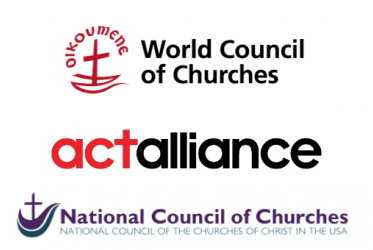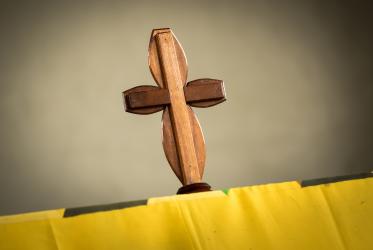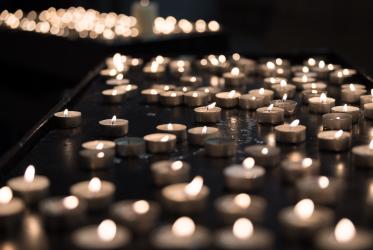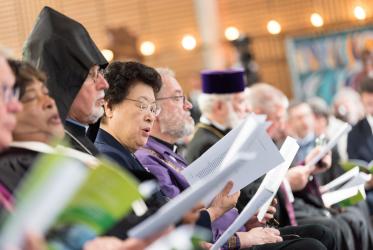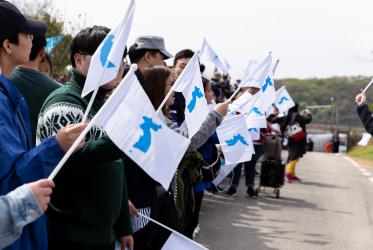Displaying 121 - 140 of 288
Prayer campaign to end 70-year Korean War gains global momentum
27 February 2020
Churches should use their voice on climate change
26 February 2020
CCIA meets in Brisbane with focus on Pacific regional priorities
19 February 2020
WCC condemns attack at Hanukkah celebration in New York City
29 December 2019

